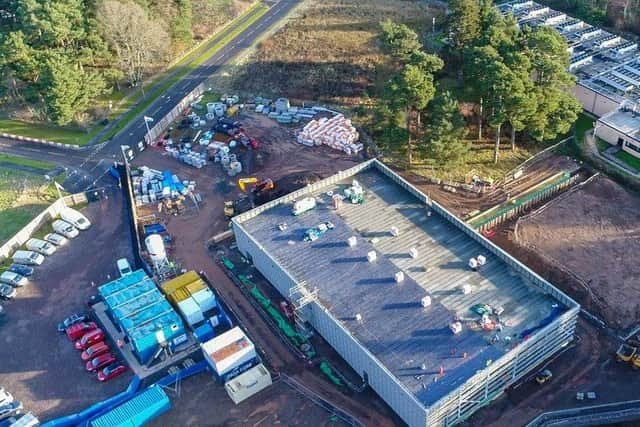Data Capital podcast: How Edinburgh's supercomputing power is solving some of the world's biggest problems
The supercomputers housed at Bush, in Midlothian, can do an unbelievable 25 million billion calculations every second.
And Professor Mark Parsons, Executive Director at EPCC (previously Edinburgh Parallel Computing Centre) says the supercomputers being used now are 25 million times faster than those when he came to Edinburgh 30 years ago.
These huge computers - which have around 750,000 cores, as opposed to four in your typical laptop - have traditionally been used for a range of complex simulation and modelling exercises. This has included everything from modelling aero engines to hosting the National Data Safe Haven for Public Health Scotland - which has been vital in bringing together many different data sets to help in the fight against Covid-19


Now, as the worlds of supercomputing and data converge, EPCC and Hewlett Packard Enterprises are working on a £100 million, decade-long project - the Edinburgh International Data Facility (EIDF), part of the Data Driven Innovation programme element of the Edinburgh and South-East Scotland City Region Deal.
Prof Parsons says the EIDF is a huge IT infrastructure - designed to store the massive amounts of data cretaed by the DDI programmed and allow it to be analysed for the benefit of the region and its people.
“One of the key objectives is to train 100,000 people in data technologies, and ultimately at the end of this, create 50,000 jobs that will benefit the region," says Lee Rand of Hewlett Packard Enterprises. "It's massively exciting to be part of that."